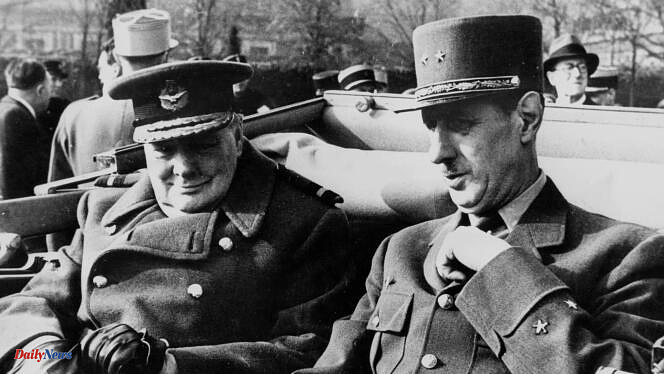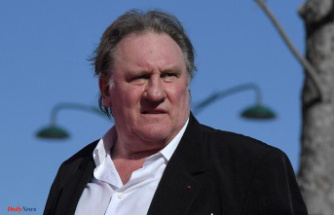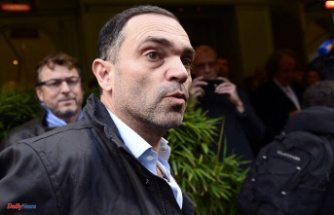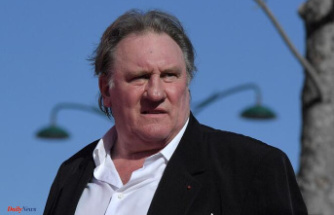Writing ? “An adventure,” said Winston Churchill (1874-1965). First a toy, we have fun, then writing becomes in turn a mistress, a master, and finally a tyrant. » It’s a funny adventure that Pierre Assouline tells us in this documentary. “The story of a thwarted and passionate friendship”, which will result in “a major literary work of the 20th century”.
Ten years after the victory, Charles de Gaulle (1890-1970) and Winston Churchill found themselves on a battlefield, but this time face to face: that of their Memoirs of the Second World War. “A duel of memoirists with speckled foils”, according to Assouline, himself author of around ten biographies (Gallimard, Hergé, Simenon, Albert Londres…).
De Gaulle isolated himself at La Boisserie, his property in Colombey-les-Deux-Eglises (Haute-Marne), to write the three volumes of his War Memoirs (Plon) – L'Appel (1954), L'Unité ( 1956), Salvation (1959). He writes alone, between two successes at his bridge table, “my discipline of idleness”, he said. No assistants, just a few proofreaders, including André Malraux (1901-1976). His daughter, Elisabeth de Boissieu (1924-2013), types his manuscripts. “Historian of his own history, the general speaks of himself by calling himself by his own name,” Emile Henriot said ironically (in Le Monde, June 20, 1956).
Complementarity
Churchill, in his manor at Chartwell, in Kent, does not write, he dictates his books, “a cigar in one hand, a glass of whiskey in the other”, in his bed and even in his bathtub! His six volumes devoted to war (The Second World War, Cassell
The complementarity of the two characters can be seen in their way of recounting events, but also in the importance they give, or not, to certain seemingly innocuous moments. Thus the general's departure for London on June 17, 1940, illustrated here with slightly slowed down images, in black and white. “In this little plane, de Gaulle took with him the honor of France”, underlines Churchill lyrically. “The departure took place without romanticism and without difficulty,” summarizes de Gaulle in one line in L’Appel. The main thing is his meeting with His Majesty’s Prime Minister, to whom he pays homage in his own way: “He was by his character made to act, to risk, to play the role, very bluntly and without scruple. » The rest is history. And to literature.












